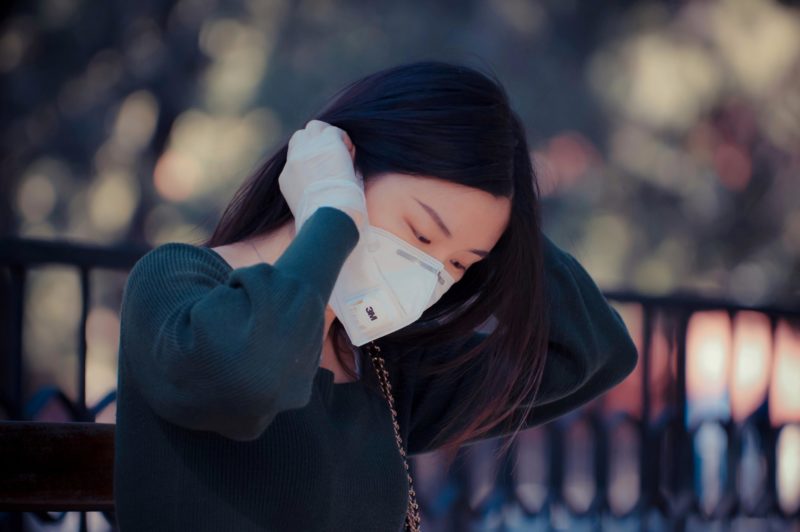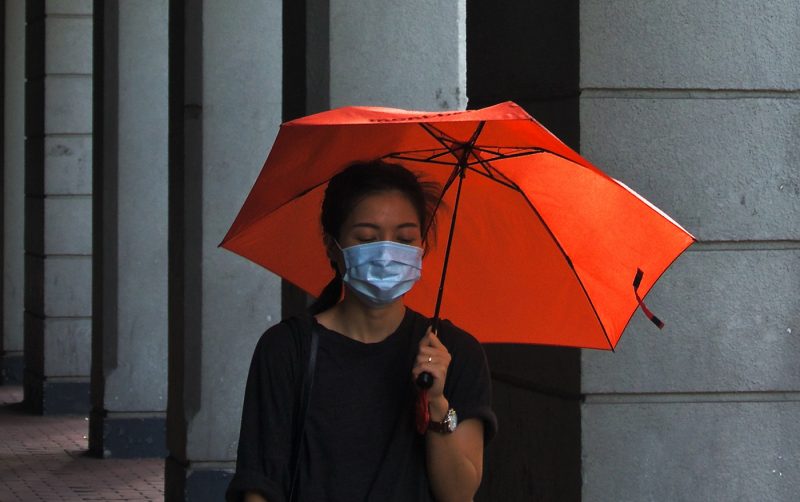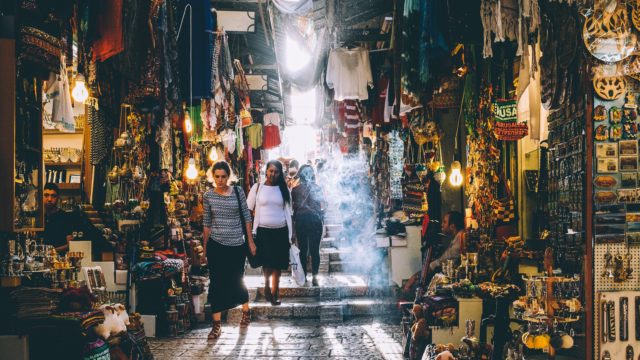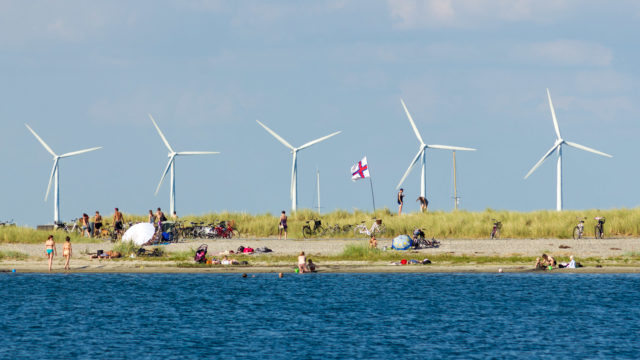COVID-19 proves that the economy is just people
In recent years it seems economic concerns have trumped all others. Now coronavirus is reversing the trend.

They say a week is a long time in politics, but this past week in pandemics has felt like an eternity. Every country is experiencing coronavirus differently, but here in the GEC global hub in London, it feels like we’ve emerged into an entirely new world – one where the old rules, the old certainties, have evaporated almost overnight.
Within the team, newly adapting to lockdown and home working, there is anxiety, uncertainty, disbelief. Some have teenagers going spare with boredom; some have young children home from school and in need of teaching and reassurance; some have new-born infants who will never know a world unscarred by COVID-19. Some have friends trapped abroad, struggling to come home; some are abroad themselves, wondering when they will next see their families. All of us have loved ones that we desperately want to see in person, but cannot.
“ Coronavirus may have us self-isolating or social distancing, but it has reminded us that, more than anything else, it's the people around us who make our lives meaningful.”
But this past week has made one thing blindingly clear, all around the world. Wherever we’re from, whatever we profess to believe, whatever our politics, when the lights go out there’s only one thing we all reach for: other people. Our families, our friends, our neighbours, our communities. Coronavirus may have us self-isolating or social distancing. But it’s also made us aware like never before – aware in ways we were in danger of forgetting – that more than anything else, it is the people around us who make our lives meaningful.
The myth of the individual
Human beings are intensely, irrepressibly social creatures. Without other people, we lose ourselves; if starved of human contact, we literally forget who we are. We are instinctively altruistic, and studies have shown that our first, most basic impulse is to cooperate, rather than compete. All the remarkable accomplishments of humanity – civilisation, culture, technology, art, science – were only possible thanks to people coordinating, sharing, and working together.
For the past couple of generations, we’ve lost sight of this basic fact. The central idea of modern free-market capitalism is that economics trumps people: that GDP is a sufficient proxy for actual wellbeing, that people’s most basic drive is to maximise consumer utility, that corporations have the same rights as human beings, that encouraging everyone to pursue only their own interests will result in better outcomes for all.

For half a century, the central ideology of our times has insisted that “the economy” must always come first – before nature, before our health, before equality or justice, before compassion, community, or climate change.
But coronavirus has revealed this as the nonsense it is. When our families are threatened, when our communities are threatened, we draw together, reach out to each other, and try to save as many lives as we can – and we will happily sacrifice free market economic orthodoxies to do so. When the chips are down, human lives come first.
Just here in the UK, the government has committed to pay 80% of the wages of workers and the self-employed; shut down internal markets for providing NHS services and replaced them with central commissioning, and effectively renationalised the rail network. All of these things seemed impossible merely days ago, especially under a right-of-centre government committed to a deregulatory Brexit. But they have been achieved in less than a week.
Around the world, workplaces have been shuttered, trade suspended, entire industries put on standby – all to contain the pandemic and save lives. The economic impact this will have is difficult to comprehend, and we will be living with the consequences for decades. But countries with well-funded social healthcare systems, strong social safety nets, comprehensive welfare programmes, and resilient communities are already proving better able to weather the uncertainties of corona. Countries which have sacrificed those things on the altar of free markets – such as the United States, now facing on a scale not seen since the Great Depression a century ago – now find themselves staring into the abyss.
The economy is people
For too long we’ve put the economy before people. You could call that putting the cart before the horse, but in reality it’s been more like hitching the horse to a truck and dragging it down the motorway.
But COVID-19 reminds us that the economy is not the be-all and end-all of human existence, to which everything else must be sacrificed. To argue otherwise, like the Lt Governor of Texas who suggested that the elderly would be happy to die in order to protect American GDP, seems both laughable and monstrous.
The economy is just people: working, creating, sharing, consuming, producing, existing. It enables human life, but it does not constitute all life. To radically misquote Margaret Thatcher: there is no such thing as the economy. There are just people, families, and communities.
“ To radically misquote Margaret Thatcher: there is no such thing as the economy. There are just people, families, and communities.”
And the signs of community revival are all around us. Here in the UK, half a million responded to the government’s appeal for volunteers to assist the vulnerable. Thousands of retired doctors and nurses have returned to work. Neighbours are delivering shopping for the elderly, writing thank you cards to supermarket workers, waving to each other from behind their windows. And last night, streets across the country rang with cheers and applause for front-line carers on their way to work.
Stay well, stay home, and stay connected. When all this is over, we will build something better – together.
- Ben Martin, GEC


